12 Things About Ozempic You Need to Know
Ozempic is fueling a weight loss frenzy, but is it safe?

Ozempic has become a mainstream weight loss craze and continues to gain attention as many users call it a miracle drug. Millions of people are turning to the medication, used to manage blood sugar for adults with diabetes, to drop weight and it's working. People are shedding pounds at a rapid rate, but there's a cost. Besides unpleasant side effects, there's another reason to be concerned about taking the drug. The FDA warns, "Patients should be aware that some products sold as 'semaglutide' may not contain the same active ingredient as FDA-approved semaglutide products and may be the salt formulations." But many aren't heeding the warning. Read on to learn 10 things about Ozempic and why some experts advise against taking it.

While Ozempic is widely talked about, there's other options people take for weight loss. Mounjaro is an injectable tirzepatide and Rybelsus is an oral tablet. Both are only FDA approved for treating type 2 diabetes in adults–not weight loss, while Wegovy is approved by the FDA for weight loss.
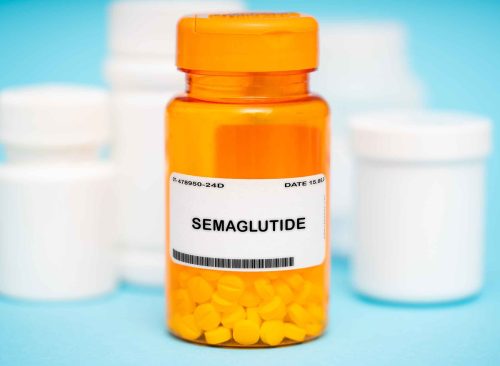
Demand for semaglutide drugs for weight loss has increased since 2021 because people are seeing fast results. "GLP-1 is a hormone made in the intestine that regulates your blood sugars by acting on insulin and glucagon levels," Dr. Priya Jaisinghani, an endocrinologist and obesity medicine specialist at NYU Langone told Rolling Stone. "It slows down the emptying of the stomach and it leads to decreased appetite." The drugs were created to help people with type 2 diabetes, but because the medication also decreases appetite, people wanting to lose weight see it as a desirable option.

Since Ozempic has gained popularity for weight loss, there have been shortages of the drug and the FDA is warning about compounding. "Drug compounding is the process of combining, mixing, or altering ingredients to create a medication tailored to the needs of an individual patient," the site explains, but not all compound drugs meet the requirements of the FDA.
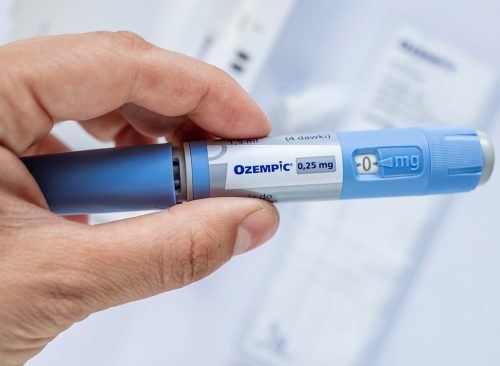
With more people taking Ozempic, there's a heightened opportunity for companies to create compound versions of the drug and sell it. But the FDA warns that it can be dangerous. "Compounding includes the combining of two or more drugs. Compounded drugs are not FDA-approved, and the agency does not verify the safety or effectiveness of compounded drugs."

One way to get a compound drug is an online pharmacy, but experts advise against that. Dr. Lemrey "Al" Carter, executive director of the National Association of Boards of Pharmacy, told Rolling Stone, "All [legitimate] compounding pharmacies are regulated by the state boards of pharmacy," Dr. Carter said. "Online pharmacies can often operate illegally. They're either not licensed in a state they're shipping to, or they are not requiring prescriptions for dispensing prescription drug products, or they're not following specific laws, rules, and regulations that pertain to the practice of compounding pharmacy."

The FDA states they've received reports of people experiencing adverse effects to a compound version of Ozempic and warn people to avoid taking a compound drug if it's not approved by the FDA. "FDA has received adverse event reports after patients used compounded semaglutide. Patients and health care professionals should understand that the agency does not review compounded versions of these drugs for safety, effectiveness, or quality."
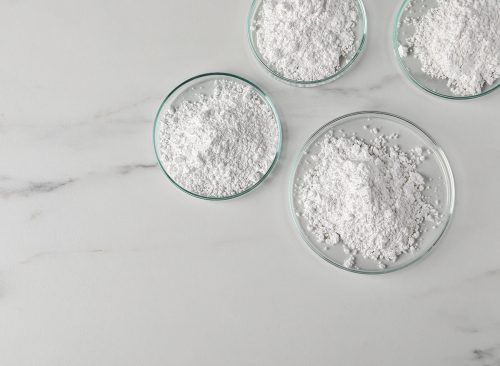
The FDA has also received reports that compound versions of Ozempic are derived from salt and haven't been tested. The FDA said, "in some cases, compounders may be using salt forms of semaglutide, including semaglutide sodium and semaglutide acetate." The FDA noted that this is significant because salt forms have different ingredients than the approved drugs and are not approved.
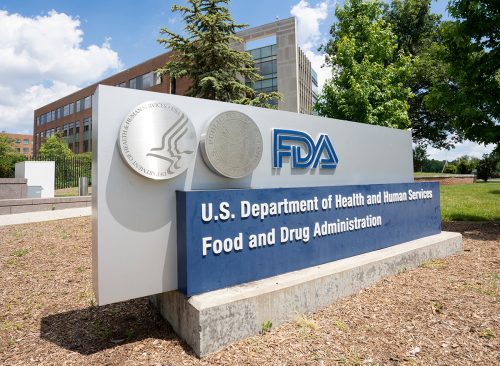
The FDA issued a stern warning to patients and healthcare providers about compound versions of semaglutide and stated that they could be dangerous. "Patients should be aware that some products sold as 'semaglutide' may not contain the same active ingredient as FDA-approved semaglutide products and may be the salt formulations. Products containing these salts, such as semaglutide sodium and semaglutide acetate, have not been shown to be safe and effective."
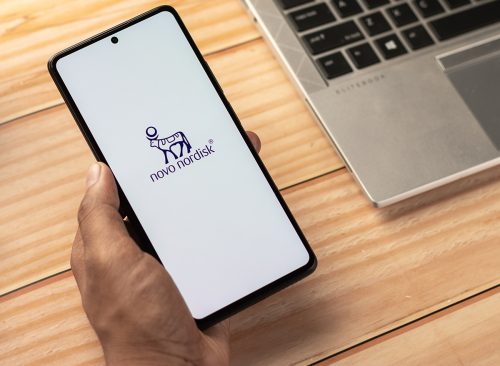
Rolling Stone reports, "if a compound pharmacy is claiming to make their version from approved ingredients, it's unclear where they are sourcing from, as parent company Novo Nordisk does not sell the active ingredient for compounding purposes." In a statement to the outlet, Novo Nordisk said, "We are aware that several compounding pharmacies, weight loss clinics, and medical spas are claiming to sell or offer compounded products purporting to contain 'semaglutide."
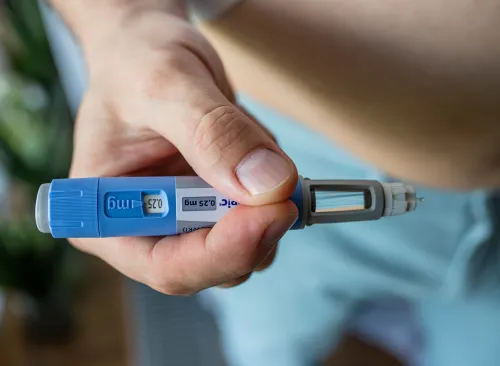
For anyone hoping to find a cheaper option or obtain the drug during a shortage with a generic brand, there isn't one. In their statement, Novo Nordisk addressed the issue. "Novo Nordisk is actively monitoring and taking action (including but not limited to issuing cease-and-desist letters) against these entities that are engaging in the unlawful sale of compounded semaglutide, disseminating false advertising, and infringing its trademarks. No FDA-approved generic versions of semaglutide currently exist."

As the demand for Ozempic increases, the supply shortage continues to be a concern. However, people are willing to put themselves at risk to feel better with compounded semaglutide."There are no studies to support these purported claims in humans or even studies on safety and efficacy with these specific combinations of ingredients," Dr. Jaisinghani told Rolling Stone. "They do not have the same safety, quality, effectiveness, rules, regulations, and assurances as FDA-approved drugs. They're not the same thing."

Many are ignoring the warnings and turning to compounded semaglutide even though the FDA doesn't approve. "If you're unable to access a drug due to cost, or due to shortages, you should always seek your doctor as early as possible to create a plan that best suits you," Dr. Jaisinghani said. "Compounded semaglutide may be considered as a low-cost alternative. But what it may cost is your health."














